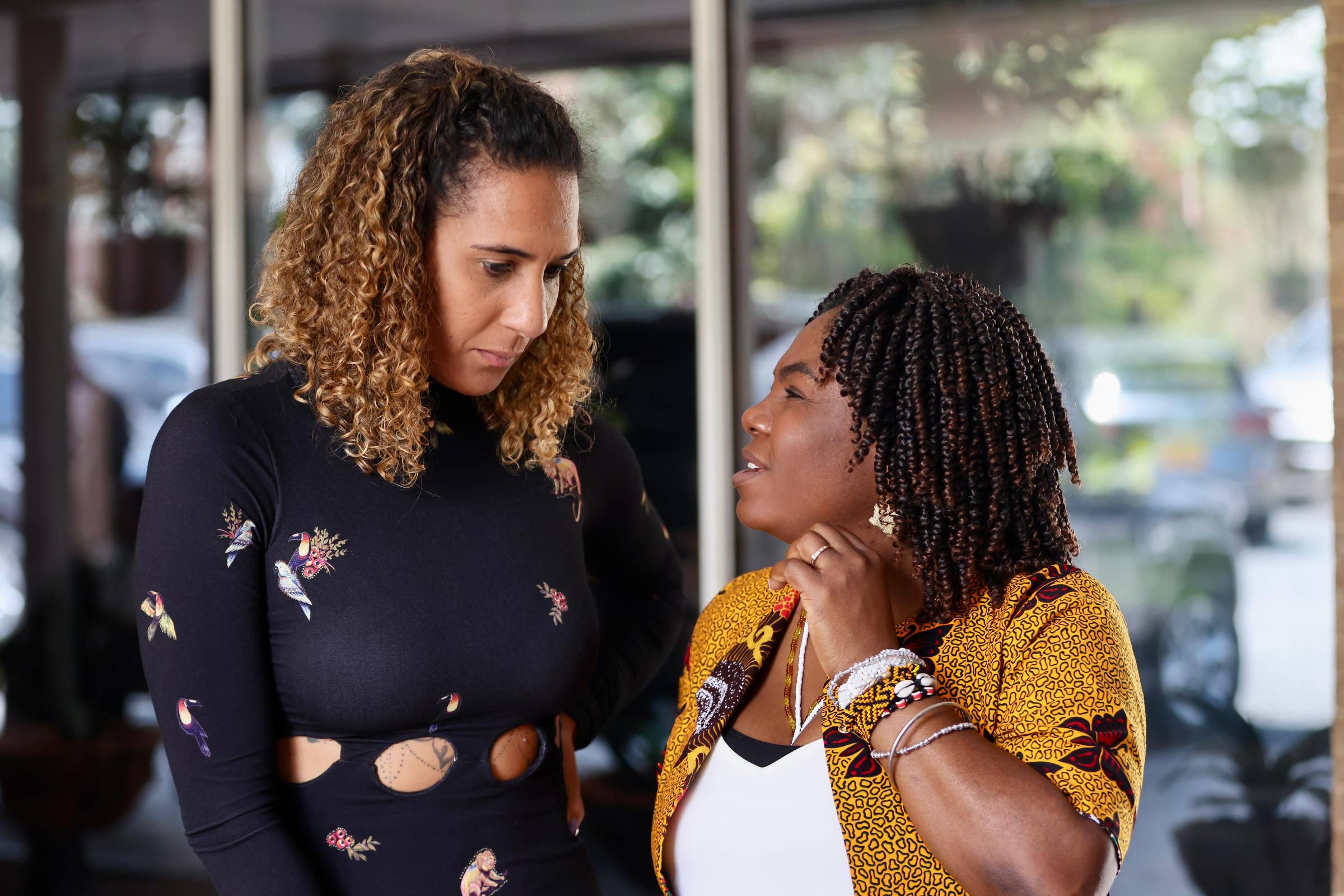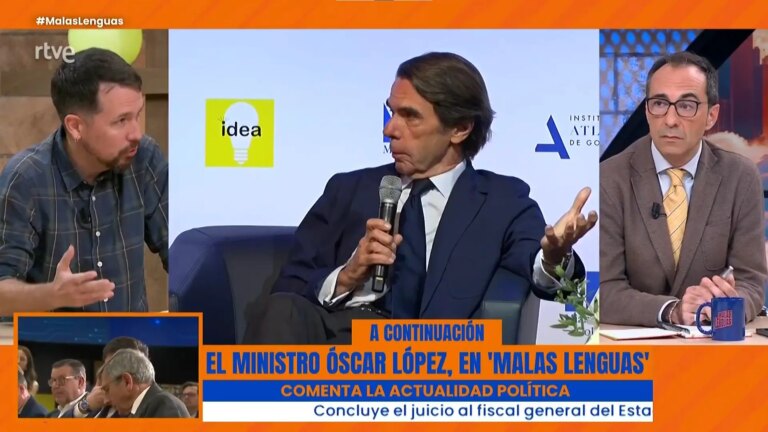
The governments of Brazil and Colombia are pressuring COP30 negotiators to mention people of African descent for the first time at the climate summit.
This Thursday (13th) afternoon, Minister of Racial Equality Aniel Franco and Colombian Vice President Francia Marquez confirmed that they would lead the negotiations on the recognition of people of African descent.
The Colombian government succeeded in including the term in the text of the United Nations World Conference on Biological Diversity, held in Cali last year. The African-descendant population is also recognized in two of the three documents from the June climate conference in Bonn, Germany, and is considered a thermometer for COP30.
While the scenario looks favorable for the unprecedented mention, negotiators and observers involved in the topic say it is facing more resistance than expected. Negotiators cited opposition from Russia, Egypt, and other countries on the African continent.
This topic is primarily on the agenda of two climate summit documents. One of them is an adaptation, with no mention of African descent at all.
In gender documents, the term is mentioned at least four times, once in parentheses. This means that the extract has not yet been agreed between the parties. In this case, observers following the agenda say Russia and Egypt are primarily under pressure to remove the mention.
Human and Citizenship Minister Macae Evaristo said the main problem lies in the terminology used.
“There are conceptual difficulties, especially when you think about the black population, because people often don’t understand the concept of African descent. In some countries, they talk about palenques, quilombolas, indigenous people, tribal people,” Evaristo says.
However, the minister stressed that in Brazil, the majority of people affected by flooding in the suburbs are not known as quilombolas, but as people of African descent.
Observers say some countries on the African continent that recognize their tribes as indigenous peoples or communities are seeking similar treatment for people of African descent in Latin America.
Other negotiators attribute the resistance to fear that if the role of people of African descent is recognized, African countries will have to share already scarce resources for climate-related investments.
Citafro, the international federation of peoples of African descent from Latin America and the Caribbean, has said at Paris-based COP21 that it wants people of African descent to be recognized as a people in the same way as indigenous peoples.
This Thursday afternoon, representatives of the coalition met with negotiators from Chile, Brazil, Uruguay and Colombia, calling for the formation of a united front in Latin America in a push for recognition.
Negotiators were presented with a declaration proposing six terms of the agreement to be formalized in the negotiations. The demand is for people of African descent to be recognized as guardians of the climate and nature, and to ensure full participation and direct funding in activities led by them.
“People of African descent self-identify as a people, a group with their own territory, way of life, traditional knowledge and ancestral relationships. They self-identify as subjects of collective rights, recognize their ethnic and cultural identity, and preserve their traditions and customs,” the text justifying the need for recognition reads.
“Their territories preserve traditional knowledge and socio-cultural practices that are important for climate action and biodiversity conservation,” the document concludes.



